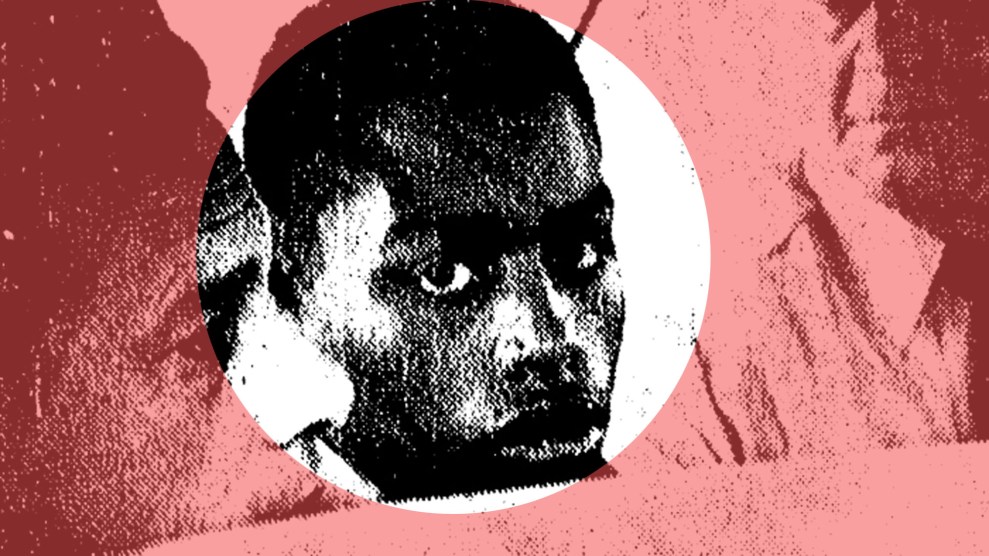
Henry Montgomery at the time of his arrest in 1963 /Baton Rouge Morning Advocate, courtesy of the Juvenile Justice Information Exchange
In 2016, against all odds, Henry Montgomery managed to get his case before the Supreme Court and win it. The 71-year-old was serving life without parole in Angola, Louisiana’s most notorious prison, where he’d been since he murdered a police officer at age 17. But with the help of a jailhouse lawyer, he succeeded in challenging his sentence at the Supreme Court. The ruling in his case gave him, and hundreds of others who’d been sentenced to life without parole as juveniles, the opportunity to have their sentences reduced and ultimately to be released.
Since the decision, the number of people serving such sentences has been cut in half, with more than 1,300 people winning release from prison. Montgomery will not be one of them.
On Monday, the Louisiana parole board denied Montgomery’s request for release, despite the Supreme Court’s ruling that he should have the opportunity to get out. (Read more about his case here.) The board denied his application on a 2-1 vote, with two members arguing that Montgomery hadn’t completed enough classes in prison to merit release. Montgomery’s lawyer had noted that the Angola prison didn’t even offer classes for the first 30 years Montgomery was incarcerated there. Even then, Montgomery, who may be mildly intellectually disabled according to testimony presented in his trial, was deemed unable to get a GED, and apparently as a result, he wasn’t allowed to take more classes.
Instead, he spent 20 years working in the prison silkscreen shop, and prison officials have described him as a model inmate. But the board wasn’t persuaded. Montgomery’s real hurdle to parole seems to have been his victim’s daughter and grandson, who were opposed to his release and testified against him, with the backing of the Baton Rouge Police Department. Children’s rights advocates, who have lobbied against life sentences for juveniles, criticized the board for flouting the Supreme Court’s intentions.
“Mr. Montgomery is a prime example of how children can transform as they age, and we are deeply disappointed that the parole board did not recognize this,” Jill Pasquarella, an attorney with the Louisiana Center for Children’s Rights, said in a statement. “At age 71, Mr. Montgomery has a long track record of positively contributing to the Angola community and taking steps toward self-improvement—all signs of rehabilitation that the Supreme Court cited in his case.” She questioned whether “the principles behind the Supreme Court rulings are truly understood and upheld by stakeholders across the system.”
Under state law, Montgomery can’t apply for another parole hearing for two years.

















